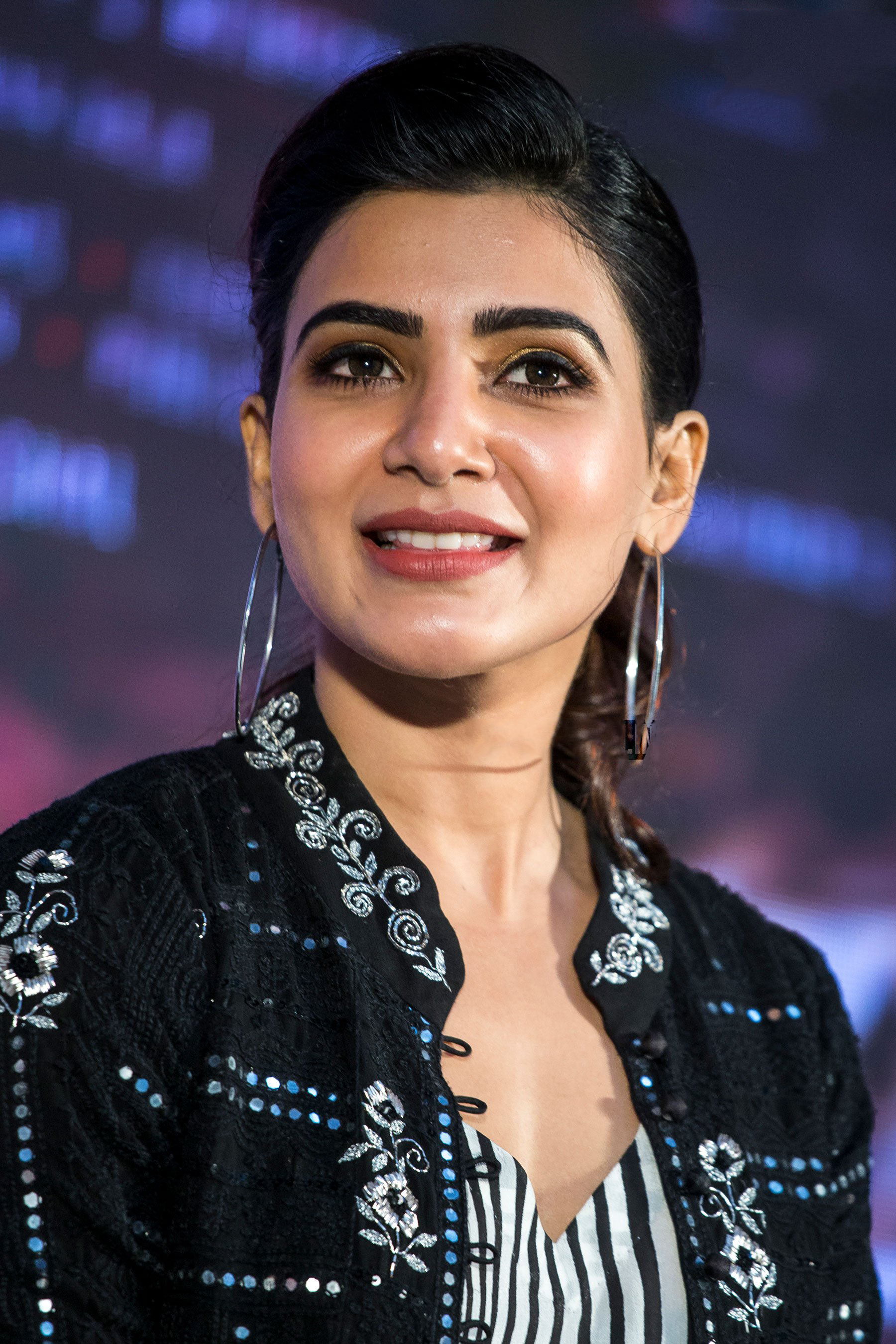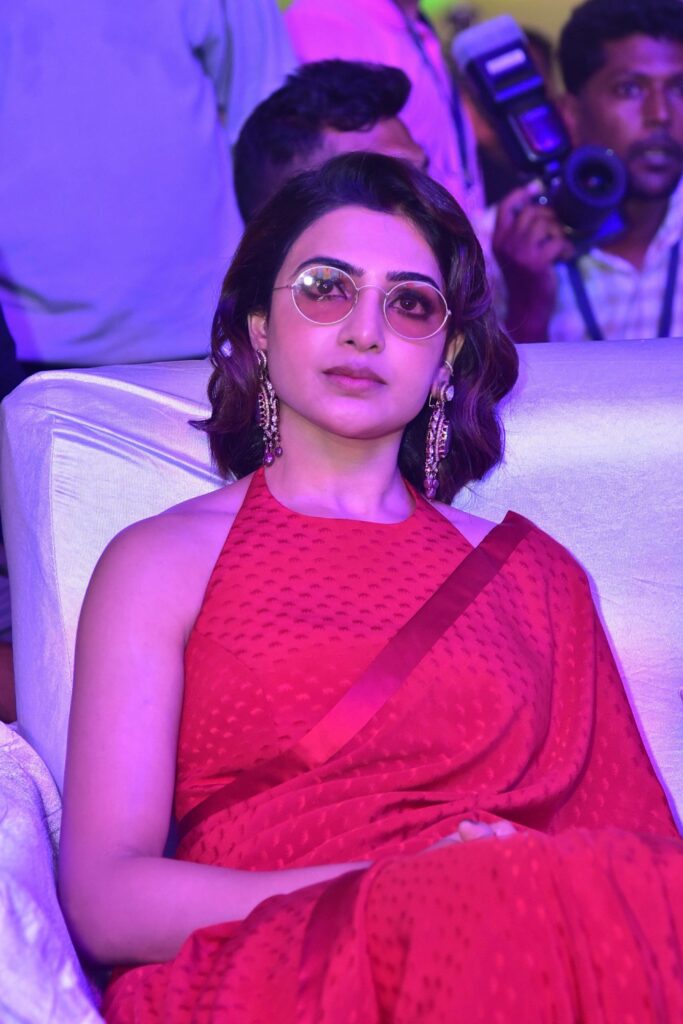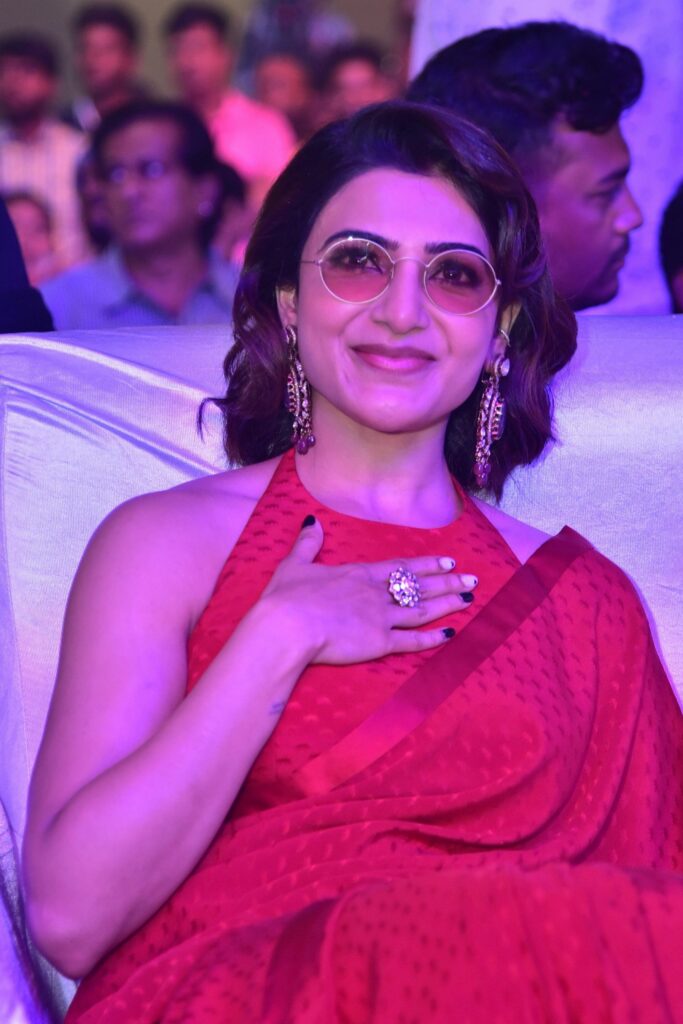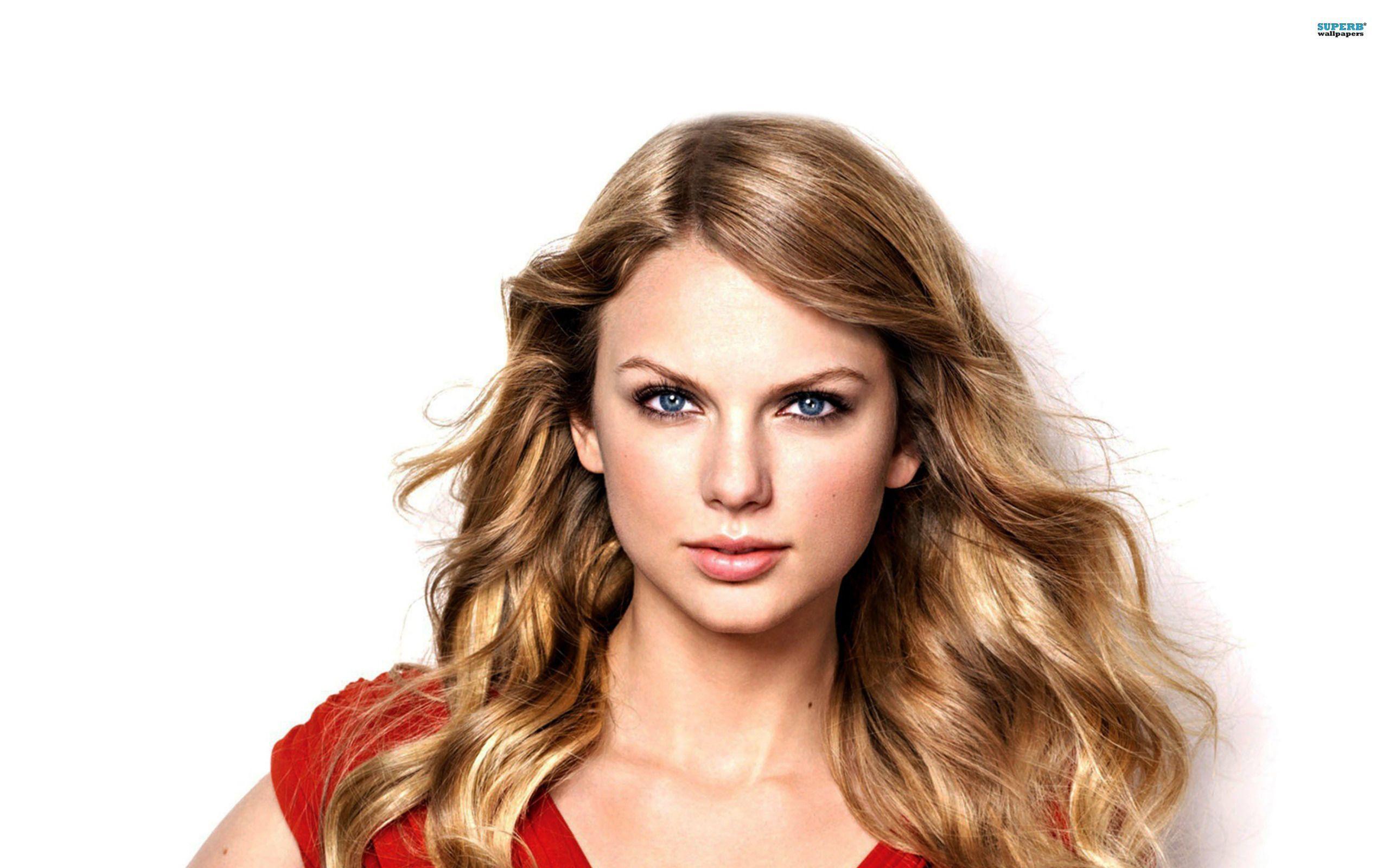
In the vibrant tapestry of South Indian cinema, few stars shine with the multifaceted brilliance and unwavering resilience of Samantha Ruth Prabhu. Her journey through the fiercely competitive world of film is not just a tale of stardom, but a compelling narrative of artistic evolution, strategic career navigation, and profound personal strength. From her groundbreaking debut to her current status as a formidable cultural icon, Samantha has consistently pushed boundaries, redefined expectations, and captivated audiences across languages.
More than just an actress, Samantha has cemented her position as a true powerhouse, bridging the worlds of Telugu and Tamil cinema with effortless grace and remarkable versatility. Her filmography is a testament to a performer who has refused to be confined by conventional molds, constantly seeking out roles that challenge her craft and resonate deeply with viewers. She embodies a rare blend of commercial appeal and critical gravitas, making her a beloved figure both on and off the screen.
This article embarks on an in-depth exploration of Samantha Ruth Prabhu’s remarkable career and life, examining the pivotal moments that shaped her path to superstardom. We will trace her ascent from an ambitious newcomer to an established legend, highlighting her groundbreaking achievements, her astute choices, and the profound impact she has had on the industry and popular culture. Prepare to delve into the captivating story of an icon who truly stands apart.

1. **Early Life and Entry into Cinema**
Born on April 28, 1987, Samantha Ruth Prabhu’s early life unfolded in the Pallavaram neighborhood of Chennai, Tamil Nadu. As the youngest child of Joseph Prabhu and Ninette, with two elder brothers, Jonathan and David, her upbringing was rooted in a diverse cultural background, with her father being Tamil and her mother Malayali. This multicultural grounding, coupled with her fluency in both Tamil and Telugu, would later prove invaluable in her pan-South Indian cinematic journey.
Her formal education began at Holy Angels Anglo Indian Higher Secondary School in Chennai, followed by a degree in commerce from Stella Maris College, Chennai. It was during the twilight years of her undergraduate studies that destiny began to steer her toward the limelight. Samantha ventured into modeling, a pursuit that would inadvertently open the doors to the film industry.
Her work with Naidu Hall, a notable commercial assignment, caught the discerning eye of filmmaker Ravi Varman. This chance encounter was pivotal, as Varman quickly recognized her potential. He would later reveal that he had decided she would be the lead actress for his film within a mere three minutes of viewing her commercial. Describing her as an actress with “intelligence” and “potential,” he even drew comparisons with the esteemed actress Revathi, setting an early, high benchmark for her burgeoning career.
Read more about: Kris Kristofferson’s Enduring Journey: A Deep Dive into the Life and Legacy of a Rugged Star

2. **The Cinematic Genesis: *Ye Maaya Chesave* (2010) and Immediate Impact**Samantha’s professional film career officially commenced with Gautham Vasudev Menon’s Telugu romance film, *Ye Maaya Chesave*, released in 2010. This project was simultaneously made in Tamil as *Vinnaithaandi Varuvaayaa*, generating significant anticipation primarily due to the collaboration between Menon and the legendary composer A. R. Rahman. It was a high-profile launchpad that promised much, and Samantha was ready to deliver.
Samantha’s professional film career officially commenced with Gautham Vasudev Menon’s Telugu romance film, *Ye Maaya Chesave*, released in 2010. This project was simultaneously made in Tamil as *Vinnaithaandi Varuvaayaa*, generating significant anticipation primarily due to the collaboration between Menon and the legendary composer A. R. Rahman. It was a high-profile launchpad that promised much, and Samantha was ready to deliver.
After a successful audition, Samantha was signed for the project in August 2009. The film, shot across locations in India and the United States, premiered on February 26, 2010. Post-release, Samantha herself acknowledged Menon’s profound influence, stating that he played a “crucial part in moulding her as an actress,” teaching her the invaluable skill of remaining natural and comfortable on screen, even in scenes devoid of dialogue. This early guidance proved foundational to her authentic acting style.
In *Ye Maaya Chesave*, Samantha embodied the lead character Jessie, a Malayali Saint Thomas Christian girl residing in Hyderabad, who captures the heart of the male protagonist. Her portrayal garnered widespread critical acclaim. Critics at Sify lauded Samantha as a “scene-stealer” and her beauty as “alluring,” confidently adding that “she was the girl to watch out for.” Jeevi from Idlebrain.com echoed this sentiment, writing that “Samantha’s debut is one of the best heroine debuts in Telugu cinema” and remarking that the “minute expressions she gave spoke volumes about her,” labeling the film a “classic.”
Her powerful debut in *Ye Maaya Chesave* earned her a nomination for the Filmfare Award for Best Actress – Telugu, and she ultimately secured the Filmfare Award for Best Female Debut – South, along with the Nandi Special Jury Award. She also made a cameo appearance in the Tamil version, further signaling her presence across linguistic boundaries. Both versions became major successes, swiftly propelling Samantha to considerable stardom and setting a formidable precedent for her career trajectory.

3. **The Dual Triumph of 2012: *Eega* & *Neethaane En Ponvasantham**
The year 2012 marked a truly extraordinary chapter in Samantha’s career, solidifying her status as a critically acclaimed actress across both Telugu and Tamil cinema. It was in this year that she achieved the rare feat of winning both the Filmfare Award for Best Actress – Tamil and Best Actress – Telugu for her performances, a distinction previously achieved by only one other actress, Revathi, in 1993.
One of the films contributing to this dual triumph was S. S. Rajamouli’s groundbreaking live-action Telugu-Tamil bilingual project, *Eega* (titled *Naan Ee* in Tamil). In this unique film, where a CGI-created housefly was the main character seeking revenge for its murdered lover, Samantha played a micro artist running an NGO. She revealed the challenges of acting opposite an imaginary protagonist, having to use her imagination extensively. The physically demanding shoot, involving heavy lights, even caused her “skin burns,” but she found the process “very stressful” yet ultimately “satisfying.”
Her performance in *Eega* garnered immense critical praise. A critic from The Hindu observed that “Samantha blooms in the role given to her,” while Jeevi of Idlebrain.com noted her “successful run continues as she portrays the role a bereaved lover with perfection.” Sify.com also applauded her, citing her “subtle expressions of love, fear and anxiety work well for the film” and that she “looks beautiful and has performed her role with consummate ease.” The film was a massive commercial success, grossing over ₹1.25 billion and being dubbed into multiple languages, further cementing her pan-Indian appeal.
The second pillar of her 2012 success was Gautham Vasudev Menon’s trilingual romantic drama, where she portrayed the leading female role of Nithya. She shot scenes simultaneously for the Tamil version, *Neethaane En Ponvasantham* (opposite Jiiva), and the Telugu version, *Yeto Vellipoyindhi Manasu* (opposite Nani). The film spanned three distinct periods of a couple’s life, exploring their relationship from school through college and into their late twenties, a narrative that allowed Samantha immense scope for character development.
Samantha felt a deep connection to Nithya, describing the character as “close to her” and stating she “could relate to the attributes and the circumstances the character goes through.” In a testament to her dedication to authenticity, she chose to dub for herself in the Tamil version, a significant step. While *Neethaane En Ponvasantham* received mixed reviews at the box office, Samantha’s performance was universally hailed, with The Hindu noting she “comes up with possibly the best performance by a female lead in Tamil cinema this year” and her “transformation from a gawky teenager to an adult… is outstanding.” Similarly, the Telugu version earned positive reviews and commercial success, with Samantha’s portrayal once again receiving high critical acclaim, leading to her historic dual Filmfare wins and further accolades at the Vijay, Santosham, and CineMAA Awards.

4. **Navigating Mainstream Success: Hero-Oriented Films (2011-2018)**
Following her breakthrough and critical triumphs, Samantha’s career trajectory in the mid-2010s saw her increasingly featured in big-budget, hero-oriented films, which, as she herself noted, often provided “comparatively smaller scope for actresses.” This was a pragmatic shift that, while sometimes limiting her artistic expression, significantly amplified her commercial viability and reach across South Indian cinema.
She starred opposite industry titans in a series of highly successful ventures. These included *Dookudu* (2012) alongside Mahesh Babu, which became one of the most successful Telugu films of its time. She later appeared in *Seethamma Vakitlo Sirimalle Chettu* (2013) with Venkatesh and Mahesh Babu, and the record-breaking *Attarintiki Daredi* (2013) with Pawan Kalyan, which emerged as the highest-grossing Telugu film upon its release. Critics, while acknowledging her limited screen time, still praised her ability to “shed her glamorous side and welcome performance-oriented roles, which she only handles with deftness and ease,” and that she “exudes confidence.”
Her collaborations continued with major Tamil films as well, such as AR Murugadoss’s action drama *Kaththi* (2014) opposite Vijay, which became the most profitable Tamil film of that year. She reunited with Vijay for *Theri* (2016) and *Mersal* (2017), both becoming massive blockbusters, with *Mersal* joining the coveted ₹200 crore club. Other notable hero-centric films included *24* (2016) with Suriya and *Rangasthalam* (2018), which went on to become one of the highest-grossing Telugu films. Despite critical remarks that she was sometimes a “glam doll” or an “emoticon” in such roles, these films firmly established her as a bankable star.
Samantha was candid about these choices, acknowledging the industry’s “simply male-dominated” nature and the lack of opportunities for strong female characters. She described her glamorous role in *Anjaan* (2014) as a “thoughtful call,” recognizing that “it was important to do these kind of films to get exposure into the market,” as “mass films” were “where the main audience” resided in South Indian cinema. She also expressed a desire not to be “typecast as the girl-next-door” and to prove critics wrong who doubted her ability to fit into glamorous roles, showcasing a blend of commercial savvy and artistic ambition.
While this period might have seen her in roles with less scope for dramatic performance, her presence was undeniable. She became a significant draw, a “lucky charm” for producers, and consistently featured opposite the same leading actors like Vijay, Suriya, Naga Chaitanya, Nani, Mahesh Babu, and N. T. Rama Rao Jr., a feat she took “pride in.” These films were instrumental in cementing her widespread appeal and preparing her for a more deliberate shift towards character-driven narratives.

5. **The Shift to Experimental and Women-Centric Narratives**
By 2015, Samantha expressed a growing dissatisfaction with merely being a “glam doll” or being confined to roles that only required her to “do five songs and the scenes leading up to the songs.” She made a powerful promise to herself that “if she were not going to get good roles,” she would “quit acting,” signaling a deliberate and conscious pivot towards more substantial and performance-oriented cinema. This resolve quickly translated into a remarkable series of film choices that showcased her versatility and artistic depth.
A pivotal moment in this shift was Trivikram Srinivas’s romantic comedy *A Aa* (2016). Here, Samantha portrayed Anasuya Ramalingam, a naive girl grappling with her mother’s controlling behavior. Her performance was met with resounding critical acclaim and commercial success. The New Indian Express declared, “*A Aa* undoubtedly is Samantha’s film,” praising her “stellar performance” from start to finish and calling her “a joy to watch.” The Hindu affirmed that “Samantha, after a long time, gets enough screen time and scope to shine,” hailing it as “a role she can be proud of.” This film not only earned her a second Filmfare Award for Best Actress – Telugu but also reaffirmed her capability to carry a film.
Building on this momentum, Samantha embraced a range of experimental and women-centric projects. Her performance in the Telugu biographical drama *Mahanati* (2018) was highly praised, earning her a Best Supporting Actress – Telugu nomination at the Filmfare Awards. She then starred in her first women-centric film, *U Turn* (2018), which was acclaimed as a “curiosity-generating script that provides her with the ultimate screen presence since the story begins with her and she finds it ends.” This marked a clear departure from overshadowed or out-of-scope performances in earlier hero-centric ventures.
Her dedication to women-led narratives continued with *Oh! Baby* (2019), a remake of the South Korean film *Miss Granny*, which grossed ₹40 crores at the box office. Critics lauded her performance, with Firstpost hailing it as her “career-best.” Manoj Kumar R of The Indian Express observed that Samantha “thrives in the role that reflects the possibilities of youth, the burden of old age, and the society’s indifference to the desires and complaints of old people.” She further demonstrated her range in *Super Deluxe* (2019), playing a wife who cheats on her husband, with Karthik Kumar of Hindustan Times noting that she “shine like never before” in the critically acclaimed film.
Another significant collaboration was *Majili* (2019) alongside Naga Chaitanya, their first film together after their marriage. Her character in *Majili* was recognized among the “strongest female roles of 2019” by Auro Media House, and India Today stated, “Samantha moves people to tears with her natural performance.” This period unequivocally showcased Samantha’s artistic maturity and her unwavering commitment to meaningful roles, firmly establishing her as an actress willing to take risks and explore diverse storytelling.
Read more about: Beyond the Slip: Unpacking Sofia Coppola’s Shocking 1995 VMAs Outfit and Her Iconic ’90s Style Evolution

6. **Conquering the Digital Realm: The Acclaimed Debut in *The Family Man 2**
Samantha Ruth Prabhu’s relentless pursuit of diverse artistic avenues led her to conquer the burgeoning digital content medium, a move that significantly expanded her reach and solidified her status as a pan-Indian talent. Her foray into streaming proved to be an overwhelming success, opening new dimensions for her acting prowess.
In 2021, she headlined the second season of Amazon Prime Video’s Hindi spy thriller series, *The Family Man*, alongside Manoj Bajpayee. This marked her Hindi debut in digital content and presented her with a challenging and impactful role as the main antagonist, Raji, a rebel leader from the Liberation Tigers of Tamil Eelam. Her portrayal was intense, complex, and utterly captivating, drawing widespread attention from critics and audiences alike.
Her performance as Raji earned her widespread critical acclaim, with reviewers lauding her commitment and ability to embody such a formidable character. This significant achievement was recognized with the Filmfare OTT Award for Best Actress in a Drama Series, a testament to her commanding presence in the digital space. Her ability to transition seamlessly between languages and platforms underscored her exceptional talent and broad appeal.
Beyond her digital acting debut, Samantha also explored other television formats. In 2020, she made her television debut by hosting a special episode of the Telugu-language reality television series *Bigg Boss 4*, earning praise for her engaging presence. Later that same year, she hosted the talk show *Sam Jam*, which streamed on Aha, further showcasing her charismatic personality and ability to connect with a wider audience outside of her dramatic roles.
This strategic embrace of the digital realm not only brought her new accolades but also significantly broadened her fan base, introducing her to a national audience that might not have been as familiar with her extensive work in South Indian cinema. Her success in *The Family Man 2* cemented her as an actress capable of delivering impactful performances across any medium, solidifying her status as a versatile and truly contemporary icon.

7. **Ventures into Film Production: Crafting Her Own Narrative**
Samantha Ruth Prabhu’s career has always been characterized by strategic foresight, a quality that extends beyond her acting choices into the realm of entrepreneurship. Having established herself as one of the most formidable and bankable actresses in South Indian cinema, her ambition naturally gravitated towards shaping narratives from the ground up. This drive culminated in her significant venture into film production, marking a new chapter where she wields creative control not just in front of the camera, but behind it.
In 2025, a significant milestone awaits with the launch of her own production company, Tralala Moving Pictures. Under this new banner, Samantha is poised to make her debut as a producer with the highly anticipated film *Subham*. This move signals a profound commitment to fostering diverse stories and supporting new talent, reflecting her own journey of constantly seeking challenging and meaningful projects. It’s an evolution that allows her to directly influence the kind of cinema that reaches audiences, imbuing it with her distinct vision and artistic integrity.
Her involvement in *Subham* isn’t solely confined to production; she also made a compelling cameo appearance in the film as Maata. Critics have already taken note, with BH Harsh of Cinema Express remarking that “Samantha flourishes in her brief cameo, bringing great deadpan humour to her scenes.” This small yet impactful role underscores her continued passion for performance, even as she steps into a leadership position. It’s a delicate balance, showcasing her ability to wear multiple hats with grace and effectiveness, further cementing her reputation as a multi-faceted professional.
Looking ahead, Samantha’s producing journey continues to gain momentum. She is not only set to star in the Telugu film *Maa Inti Bangaram* but will also be producing it. This dual role exemplifies her holistic approach to filmmaking, where she can champion projects that align with her artistic sensibilities while also delivering powerful performances. Her foray into production is a testament to her desire to contribute more broadly to the film industry, creating opportunities and paving the way for fresh, impactful storytelling.
Read more about: Rev Your Engines! The Reality Check on 13 Beloved Movie Cars That Just Can’t Exist as They Do On Screen

8. **Pratyusha Support: A Heart for Philanthropy**
Beyond the dazzling lights of the film industry, Samantha Ruth Prabhu has cultivated a profound commitment to social welfare through her charitable trust, Pratyusha Support. Established in 2012, this non-governmental organization emerged from a deeply personal experience. After being bed-ridden for 15 days due to an illness, Samantha was inspired to give back to society, channeling her personal challenge into a powerful initiative to alleviate the suffering of others. This journey from personal vulnerability to public service showcases her compassionate spirit.
Pratyusha Support is dedicated to providing crucial medical assistance for women and children, a cause close to Samantha’s heart. She fully finances the program, demonstrating her unwavering dedication to its mission. The trust operates with the invaluable assistance of three doctor friends, underscoring a collaborative effort to deliver tangible support to those in need. Her philanthropic efforts are not merely symbolic; they represent a hands-on approach to creating real-world impact, leveraging her influence for the greater good.
Throughout the years, Samantha has initiated various impactful programs under the Pratyusha Support banner. in August 2013, she organized a fundraiser, auctioning her personal items and film memorabilia to raise awareness and funds, turning her fame into a vehicle for charity. A year later, in 2014, the foundation launched a heartwarming initiative to fulfill the wishes of children battling life-threatening diseases, arranging trips to iconic landmarks like the Taj Mahal and orchestrating meetings with their favorite film stars. These gestures, both grand and intimate, bring moments of joy and hope to children facing immense challenges.
Her commitment extends to broader health awareness campaigns, particularly in spreading knowledge about haemophilia, actively participating in events to educate the public. In a significant partnership with Andhra Hospitals starting January 2015, Samantha agreed to sponsor a third of the hospital bills for one infant per week requiring intensive care, with the hospital covering another third and parents the remainder. Further expanding this partnership in November 2015, she committed to sponsoring free rotaviral vaccinations for all infants under six months, addressing critical public health needs with a proactive and sustained effort.
Samantha also demonstrated remarkable solidarity during the 2015 Chennai floods, mobilizing the Mana Madras Kosam initiative within the Telugu film industry. She actively participated in collecting relief materials and appealed to the Telugu-speaking public for support. Her personal contribution of 30 lakh rupees for flood relief activities in Pallavaram, her childhood neighborhood, further illustrated her deep connection to her roots and her readiness to assist her community in times of crisis. Moreover, her advocacy for handloom artisans in Telangana and Andhra Pradesh, through promoting their products and collaborating with the Telangana Government on the Tweave venture in 2017, showcases her commitment to economic empowerment and cultural preservation.

9. **Public Battles: Resilience Through Health and Personal Adversity**
The life of a public figure is often lived under intense scrutiny, and Samantha Ruth Prabhu has navigated her share of personal and health battles with remarkable resilience and candidness. These challenges, while deeply personal, have only underscored her strength and vulnerability, forging a deeper connection with her audience. Her journey has shown that even icons face profound struggles, offering a powerful narrative of endurance and self-discovery amidst adversity.
An extended period of illness in 2012 forced Samantha to take a two-month hiatus from acting, causing her to step away from major projects like Mani Ratnam’s *Kadal* and Shankar’s *I*. She suffered from an immunity disorder, and her body’s poor response to antibiotics added a further setback, highlighting the severe impact of health issues on her demanding career. This early health struggle was a significant hurdle, showcasing her determination to prioritize well-being while still maintaining her professional commitments.
Her personal life also captured public attention, particularly her relationship with actor Naga Chaitanya, which began in 2010 after they co-starred in *Ye Maaya Chesave*. Their engagement in January 2017 in Hyderabad and subsequent wedding ceremonies in Goa, following both Hindu and Christian customs in October 2017, were widely celebrated. Samantha embraced her married name, Samantha Akkineni, becoming a part of one of South India’s most prominent film families. This period marked a significant personal milestone, shared openly with her fans and the media.
However, this public chapter of her personal life took a different turn in 2021. On July 31, she notably removed the “Akkineni” surname from her social media handles, sparking intense speculation about her marital status. These rumors were confirmed on October 2, 2021, when Samantha and Naga Chaitanya publicly announced their separation and eventual divorce. Navigating such a significant personal transition in the public eye required immense courage and grace, a testament to her strength in confronting difficult realities transparently.
More recently, Samantha faced another formidable health challenge. After a period of inactivity on social media in mid-2022, rumors about a relapse of a rare skin disorder circulated. While her team initially dismissed these, Samantha herself bravely revealed on October 29, 2022, that she had been diagnosed with dermatomyositis, an autoimmune inflammatory disease. Her openness about this diagnosis brought awareness to a lesser-known condition and demonstrated her unwavering spirit in facing ongoing health battles. This journey, punctuated by both personal joy and profound adversity, has made her an even more relatable and inspiring figure. In 2024, she also faced a public dispute with a hepatologist over medical advice, further underscoring the complexities of her public platform.
Read more about: From Jail Cells to Platinum Sales: 14 Musicians Whose Secret Criminal Pasts Will Blow Your Mind

10. **Media Image and Brand Presence: An Enduring Icon**
Samantha Ruth Prabhu’s enduring popularity is far more than a byproduct of her acting talent; it’s a carefully cultivated media image and a powerful brand presence that transcends her film roles. From being labeled “the most sought-after actress in the Telugu film industry” by Rediff.com in 2014 to her current status as a pan-Indian phenomenon, her career trajectory is a masterclass in strategic self-positioning and unwavering authenticity. She has consistently shaped perceptions, demonstrating that her influence extends far beyond the silver screen and into the cultural zeitgeist.
Her initial film choices, often featuring strong female characters, quickly earned her a reputation for being an actress around whom “scripts are written.” The Times of India noted her place in the “wishlist of every top actor, director and producer,” indicating her early commercial and critical pull. While some producers viewed her as a “lucky charm,” Samantha humbly attributed her success to hard work, expressing a desire for her name to be “synonymous with hard work” rather than mere fortune. This early stance set the foundation for an image built on dedication and genuine talent, prioritizing artistic integrity over easy gains, as seen in her willingness to forgo salary demands for quality roles like in S. S. Rajamouli’s *Eega* (2012).
Samantha’s candidness about the industry’s challenges further cemented her relatable image. She openly lamented the “simply male-dominated” nature of South Indian cinema, acknowledging the limited scope for female characters in hero-oriented films. Her decision to take on glamorous roles in “mass films” like *Anjaan* was a “thoughtful call” to gain market exposure and challenge critics who doubted her versatility. Yet, she also expressed deep dissatisfaction with being a “glam doll,” famously promising that “if she were not going to get good roles,” she would “quit acting,” underscoring her commitment to evolving as an artist and not being “typecast as the girl-next-door.”
Her seamless navigation of both Tamil and Telugu industries, coupled with her conscious decision to primarily focus on South Indian cinema, has resonated deeply with regional audiences. She proudly highlights her repeated collaborations with leading actors like Vijay, Suriya, and Mahesh Babu, viewing it as a testament to her consistent appeal and professional relationships. This demonstrates a loyalty to her roots and a keen understanding of her core audience. Her brand presence has soared to unprecedented heights, consistently ranking among the most influential and desirable South Indian stars, becoming the 3rd most tweeted-about South Indian actress in 2020 and 2021, and the Hyderabad and Chennai Times Most Desirable Woman in 2019 and 2020 respectively.
This immense popularity has naturally translated into a robust brand endorsement portfolio. Samantha is a celebrity endorser for a multitude of pan-Indian brands, including Nivea, Myntra, Lux, Pepsi, Samsung Galaxy, Tanishq, Fanta, and Vicks. Her recognition score of 74% in 2022 crowned her as the top brand endorsing South Indian actress. Notably, she revealed letting go of several endorsements to make “informed decisions that make positive impacts,” reflecting her ethical approach to brand partnerships. Beyond commercial ventures, her appointment as ambassador for Telangana Handlooms in 2017, her role as Chief Guest at the world’s largest Indian Independence Day Parade in Manhattan in 2023, and her entrepreneurial founding of the women’s clothing brand Saaki World in 2020, all underscore her cultural significance and expanding global reach.
Read more about: Doesn’t It Feel Free? These 12 Stars Are Ditching The Glam And Embracing Their Natural Beauty Like Never Before!

11. **A Lasting Legacy and Future Trajectory: An Icon in Evolution**
Samantha Ruth Prabhu’s journey through the Indian film industry is far more than a chronicle of cinematic achievements; it is a compelling narrative of evolution, resilience, and unwavering commitment to both her craft and her community. Her legacy is being meticulously carved not just by the blockbusters she graces or the awards she collects, but by the courage with which she confronts personal challenges, the wisdom with which she navigates a demanding industry, and the profound empathy she extends through her philanthropic endeavors. She stands as a beacon of modern stardom, where authenticity and artistic ambition coalesce.
From her early days as a fresh face captivating audiences with natural performances to her deliberate pivot towards experimental, women-centric cinema and her impactful digital debut, Samantha has consistently demonstrated an artist’s hunger for growth. Her willingness to take risks, even at the peak of commercial success, speaks volumes about her dedication to storytelling that resonates and challenges. This strategic career navigation has ensured her relevance and broadened her appeal, cementing her status as a pan-Indian icon capable of commanding attention across diverse platforms and languages.
Looking ahead, Samantha’s trajectory appears to be one of continued expansion and deeper influence. Her ventures into film production with Tralala Moving Pictures and projects like *Subham* and *Maa Inti Bangaram* signify a desire to shape the creative landscape from a foundational level. These efforts suggest a future where she not only stars in compelling narratives but actively cultivates them, potentially nurturing new voices and pushing boundaries within the industry even further. Her upcoming Hindi series *Rakt Brahmand* opposite Aditya Roy Kapur also heralds a more pronounced presence in the pan-Indian Hindi market, building on the success of *The Family Man 2*.
Read more about: Beyond the Barracks: Unearthing 14 Fascinating and Little-Known Facts About ‘Hogan’s Heroes’
Ultimately, Samantha’s legacy will be defined by her remarkable blend of commercial acumen, critical gravitas, and profound humanity. She has redefined what it means to be a leading actress in South India, transcending traditional roles to become a powerful voice for social causes, an entrepreneur, and a symbol of strength in the face of adversity. Her journey is a testament to the power of perseverance, artistic integrity, and a compassionate heart, ensuring that her impact on Indian cinema and popular culture will continue to inspire for generations to come. She is not merely an actress but a multifaceted icon whose story is still being beautifully written, chapter by compelling chapter.



